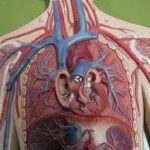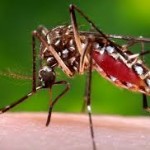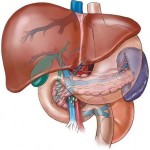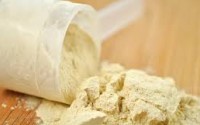Diabetes: General Facts You Ought To Know
Diabetes mellitus (DM), popularly known as diabetes, is a condition in which blood glucose levels remain above normal over a prolonged period. It is an abnormality of glucose metabolism. If unattended, diabetes affects blood pressure and cholesterol levels and leads to major complications like heart failure, stroke, kidney failure, damage to eyes and failure of other organs.
Diabetes results from
a. Incapability of pancreas to produce enough insulin or
b. Failure of cells in the body to respond properly to the insulin produced.
What are the different types of diabetes?
Diabetes can be broadly classified into three categories.
Type 1 diabetes results from the failure of pancreas to produce enough insulin. It occurs when the pancreatic beta cells, that produce insulin, are destroyed by the antibodies produced in one’s own body. It is treated with insulin and is not normally inherited.
Type 2 diabetes results from the failure of the body to respond to the produced insulin. There is no shortage in production of required quantity of insulin in the body. Though initially it can be treated with oral drugs, ultimately may have to switch over to insulin itself as often less absorption by cells leads to less production of insulin.
Third category is mainly seen in pregnant women, who without any previous history develop high blood sugar levels.
What are the symptoms of Diabetes?
The usual symptoms of diabetes are
• Increased urination
• Rapid weight loss
• Increased thirst and appetite
• Recurrent infections and
• Erectile dysfunction
• Headache
• Itchy skin
In Type 1 DM, the symptoms appear in short period while it may be absent or slow in Type 2 DM.
The above symptoms enable one to identify Type 1 DM. But Type 2 DM can normally be diagnosed only through blood test.
What are the different tests for identification of diabetes?
Diabetes is identified by measuring
• Fasting and after food blood glucose levels
• Hemoglobin A1C
• Creatinine levels, Urine protein estimation and Lipid profile
Is diabetes result from eating too much sugar?
Eating sugar as such does not lead to diabetes. The habit of eating too much refined sugar contained in bakery items/ sweets may lead to overweight, which can cause diabetes. In diabetes patients, eating sugar can result in more damages.
Is diabetes a curable disease?
Diabetes is not completely curable, but it can be controlled. Diabetes during pregnancy normally disappears after delivery. Methods to control diabetes include physical exercises, dietary changes and healthy food. Regular exercises help reducing risk of Type 2 diabetes. Smoking and alcohol consumption should be discontinued
YesJay
What is chemosynthesis? How does it aid food production?
How does cotton grow? What are the processes involved?










